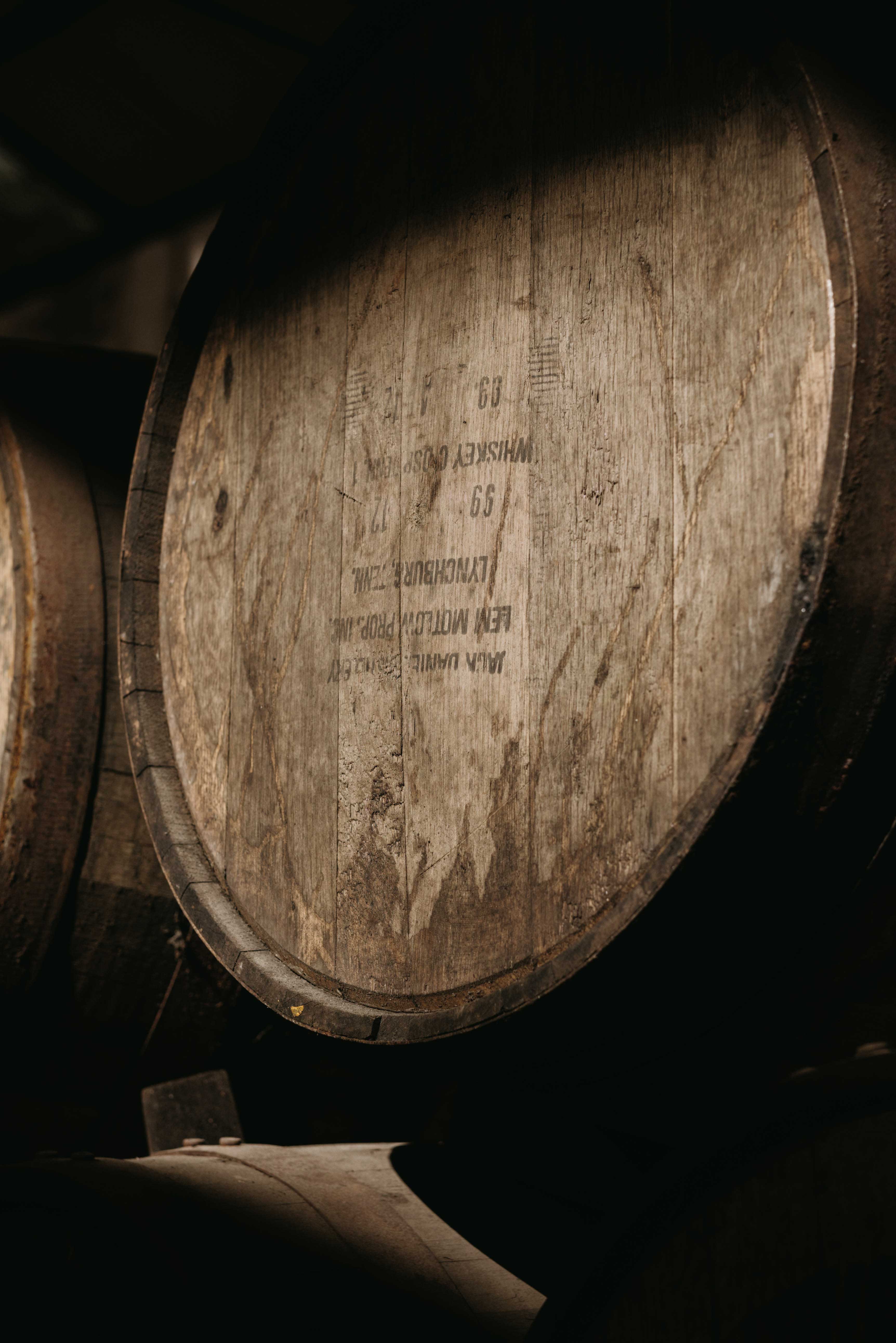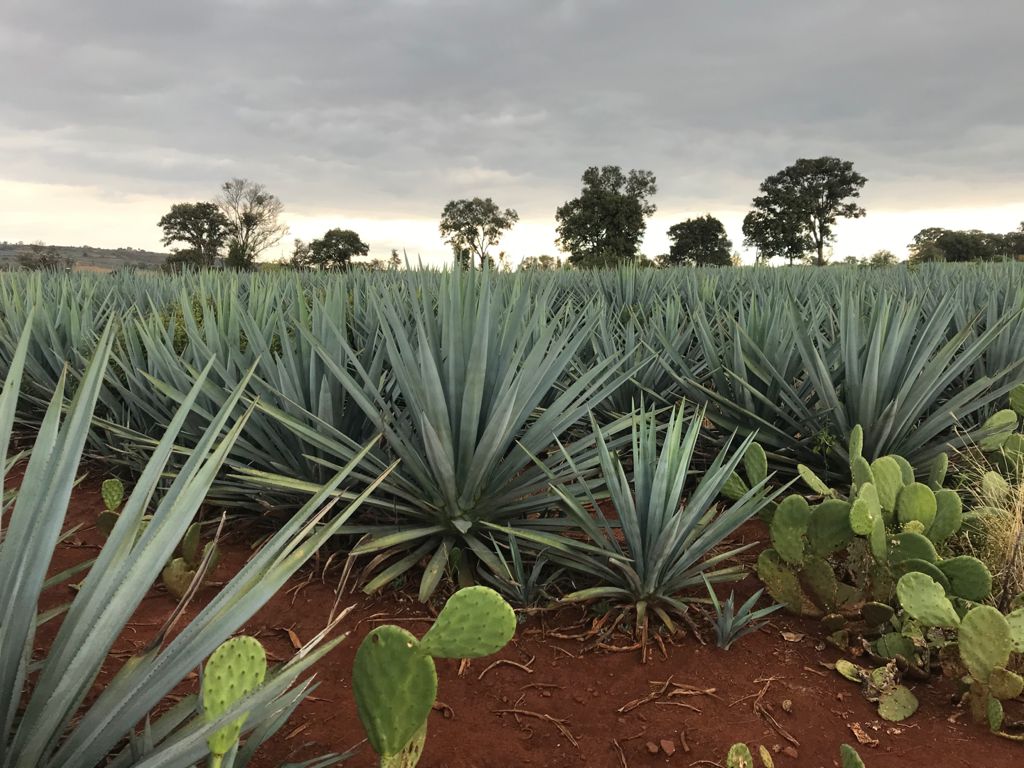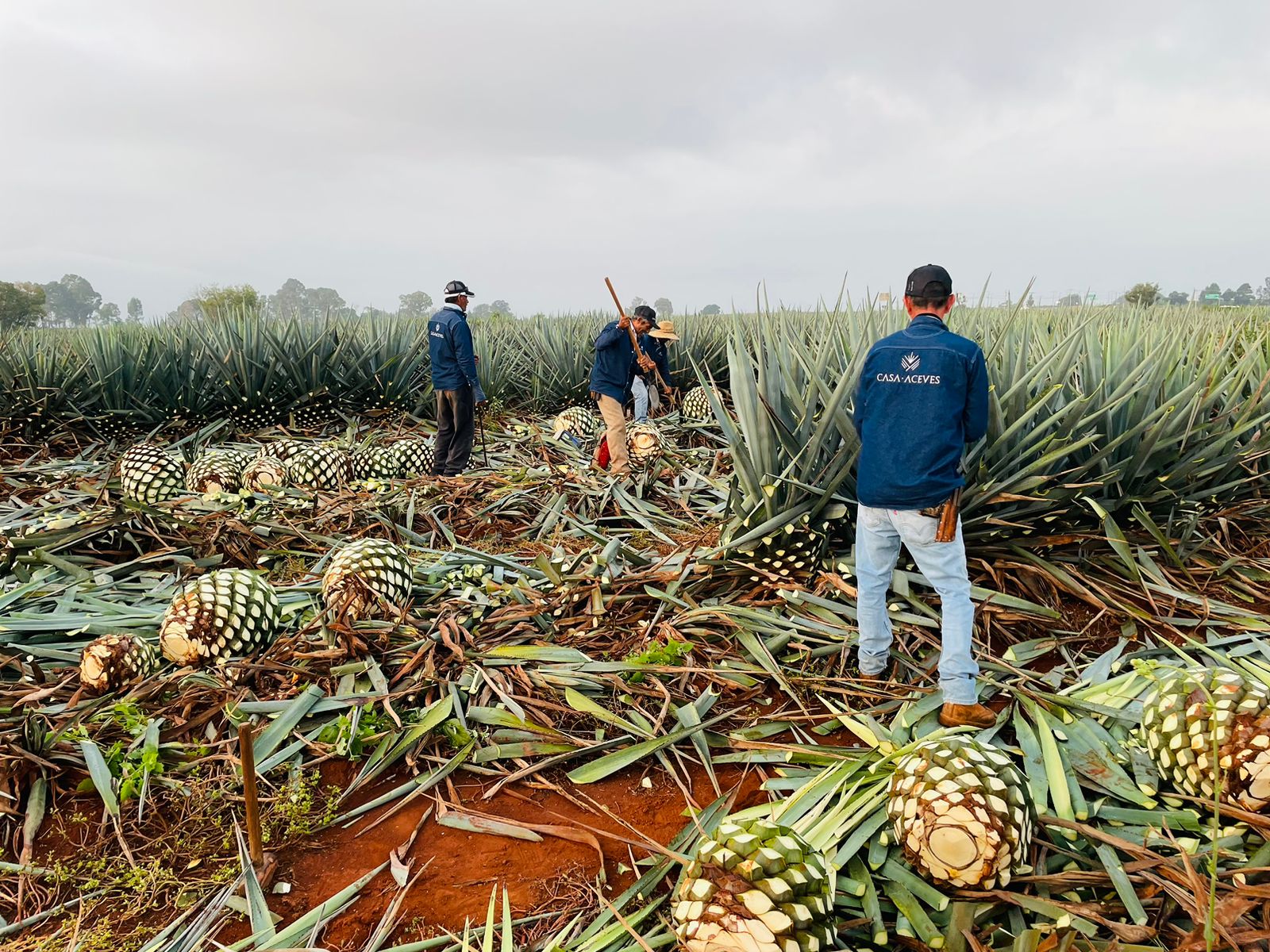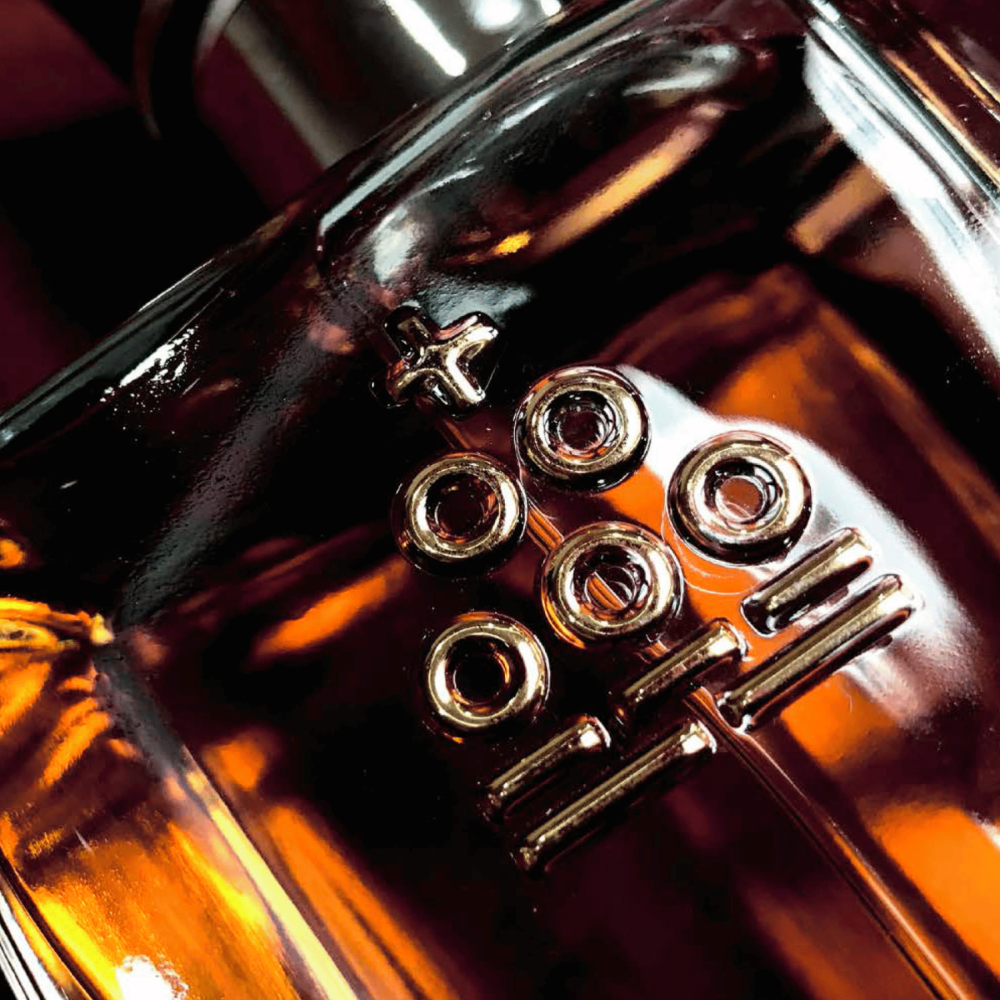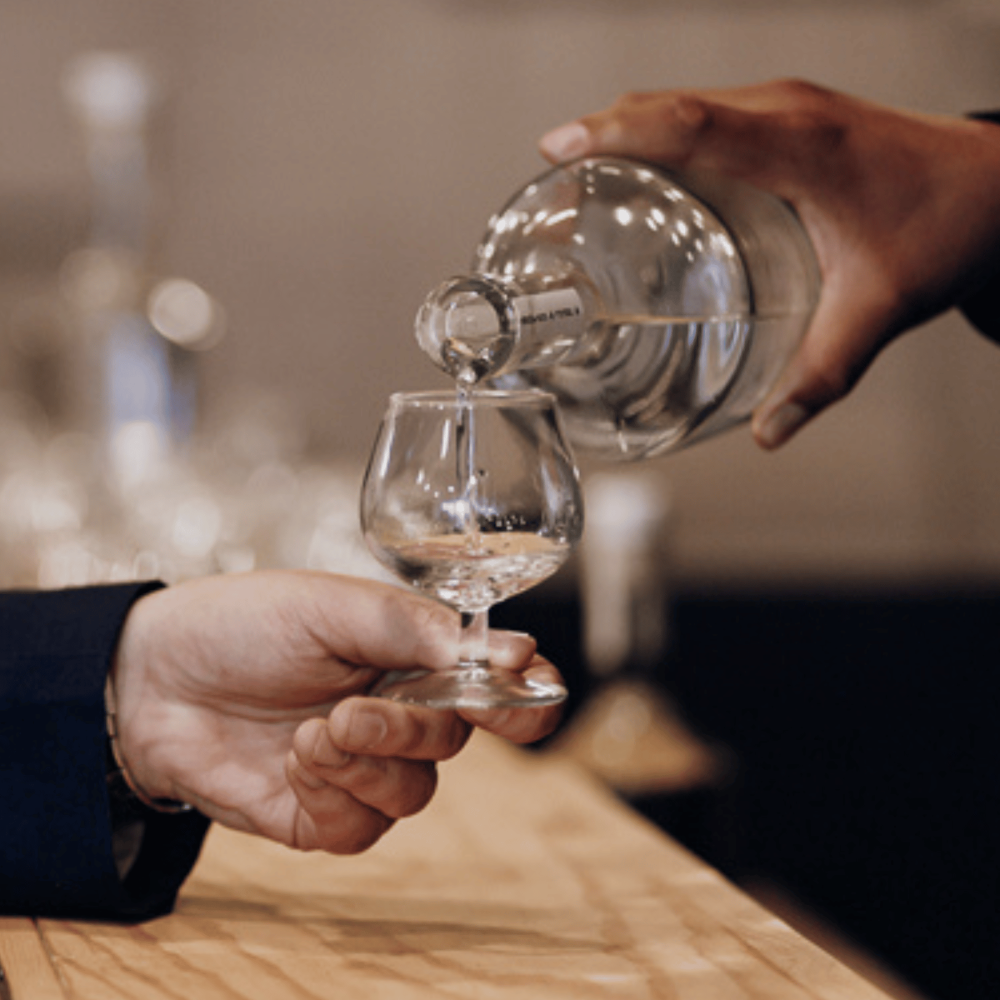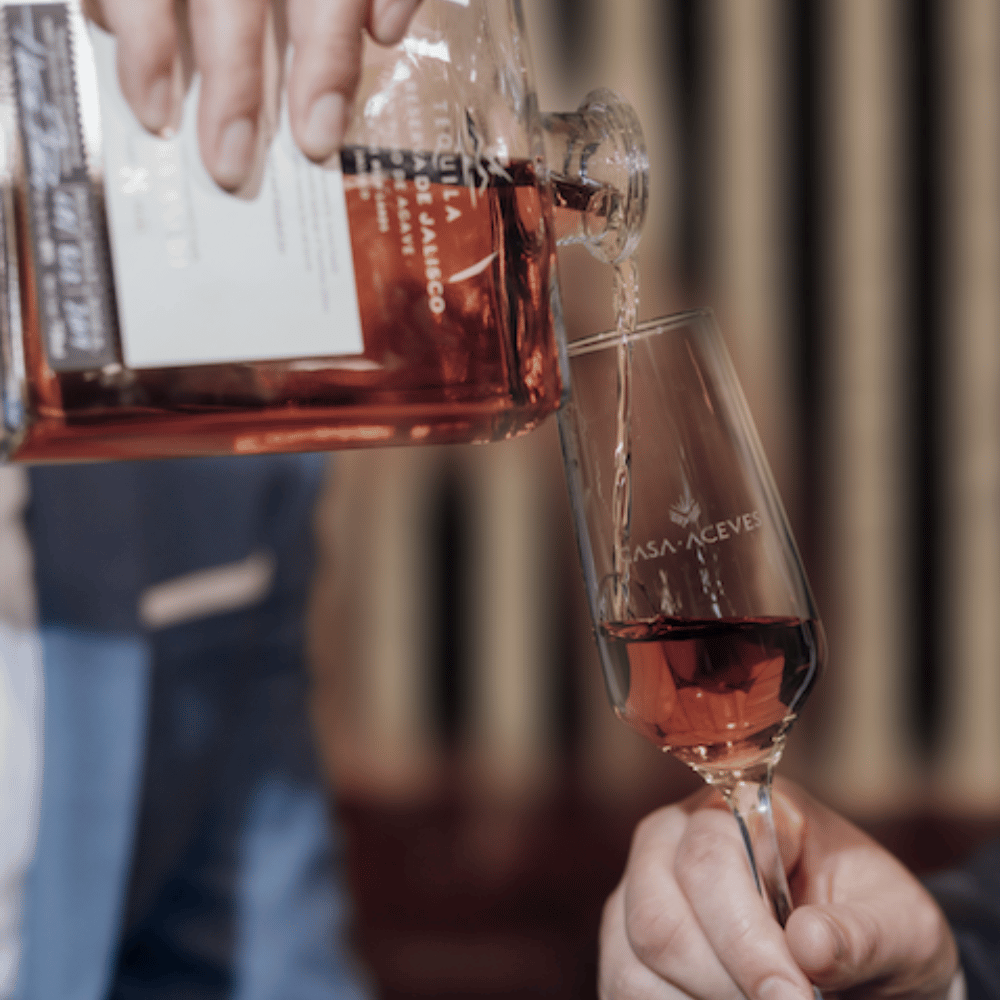Aging spirits might seem like a simple equation: the higher the number plus the longer it’s aged equals a rarer spirit, right? Not exactly. For whiskey and most spirits, older almost always means more valuable. But for tequila, caution is key. Over-aging can cause the agave flavor to dissipate, which is not what anyone wants when sipping on this classic Mexican spirit.
Barrel-aging any liquor is shrouded in mystery because every barrel has a different influence on the spirit. Unique in its own way and ready to impart a totally different footprint on the drink.
But how does it all work? Get ready to impress your friends or customers with your knowledge of Tequila.
In tequila, older doesn’t always mean better.
When it comes to tequila, it’s not the same as whiskey where a high amount of aging in barrels is required to achieve a sophisticated taste. In fact, tequila can be consumed as blanco and is superior in flavor. After a certain amount of time in barrels, tequila takes on more wood flavors and loses the complexity of the agave. That’s why mastering the art of barrels and blending is something a Maestro Tequilero must execute to perfection.
Aging tequila requires constant attention to detail.
To develop a new blend, the Maestro Tequilero has to monitor the aging process constantly and identify which barrels would work for a particular blend. New recipes can take years to develop, especially with older types, like extra Añejo. On top of the minimum aging time required by the CRT of three years, it can take another three years to age the original components of the blend.
Aging and finishing are two different things.
Finishing is another type of aging, but it only takes a short time after the primary aging is done. The finishing is typically done in a different barrel than the one used for primary aging. Finishing requires constant attention to detail, as the barrel types used for finishing usually have a flavor profile that’s different from the primary barrels and can impart flavor very quickly.
The number on the label means more than you think.
An age claim is crucial because it usually means the youngest liquor in the bottle has been aged for at least that long. If you see “12 Year Old” on a scotch label, know that the youngest spirit in the bottle has been aging for a minimum of 12 years. However, with rum, it can be misleading; an age claim can be made based on the smallest amount of aged rum in the blend, not the entire composition.
Tequila aging takes care and attention by the human touch. Unlike machines, humans are key to the process of aging and blending tequila, as our heart and passion is at the heart of every batch.
Tequila Categories by Aging
Did you know that there are five legally defined classes of aged tequila?
The categories are:
Gold, a sweetened and/or caramel-colored spirit that was originally created to simulate aging. These are often mixtos, or tequilas formulated with sugar from sources other than agave.
Joven, which means ‘young’ in Spanish, are usually a blend of unaged and aged tequilas, and may also be colored. Glycerin and other mellowing agents (Abocantes) are allowed up to 1% by weight. Interestingly, in Aceves we don’t make gold tequila and we don’t use mellowing agents or additives in any of our tequilas.
Silver or Blanco, aged for no more than two months.
Reposado, aged for two to twelve months in any sized oak container.
Añejo, aged in small (158 gallon) oak barrels for one to three years.
Extra Añejo, when tequila has stayed inside a small (158 gallon) oak barrel for at least three years.
Now you can impress your friends with your tequila knowledge!
👇🏻 Follow Us On Instagram to learn more about the amazing world of tequila, from an insider’s perspective. 🥂✨
